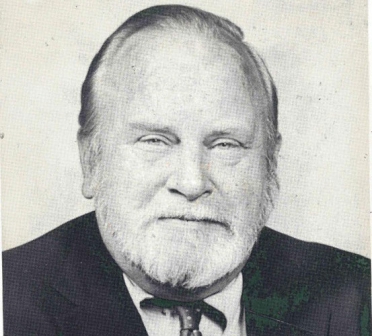×
The Standard e-Paper
Stay Informed, Even Offline

Many Kenyans who were old enough in the early 1990s must remember Smith Hempstone, the US ambassador to Kenya at a time the opposition was agitating for the return of multi-party politics.
Hempstone, a hefty man by any standards, set the tone and tenor of the multi-party debate and push by openly siding with the opposition and members of the civil society. For his courageous stand, he was labelled a “rogue” ambassador and the nyama choma eating envoy for his love for the Kenyan cuisine.